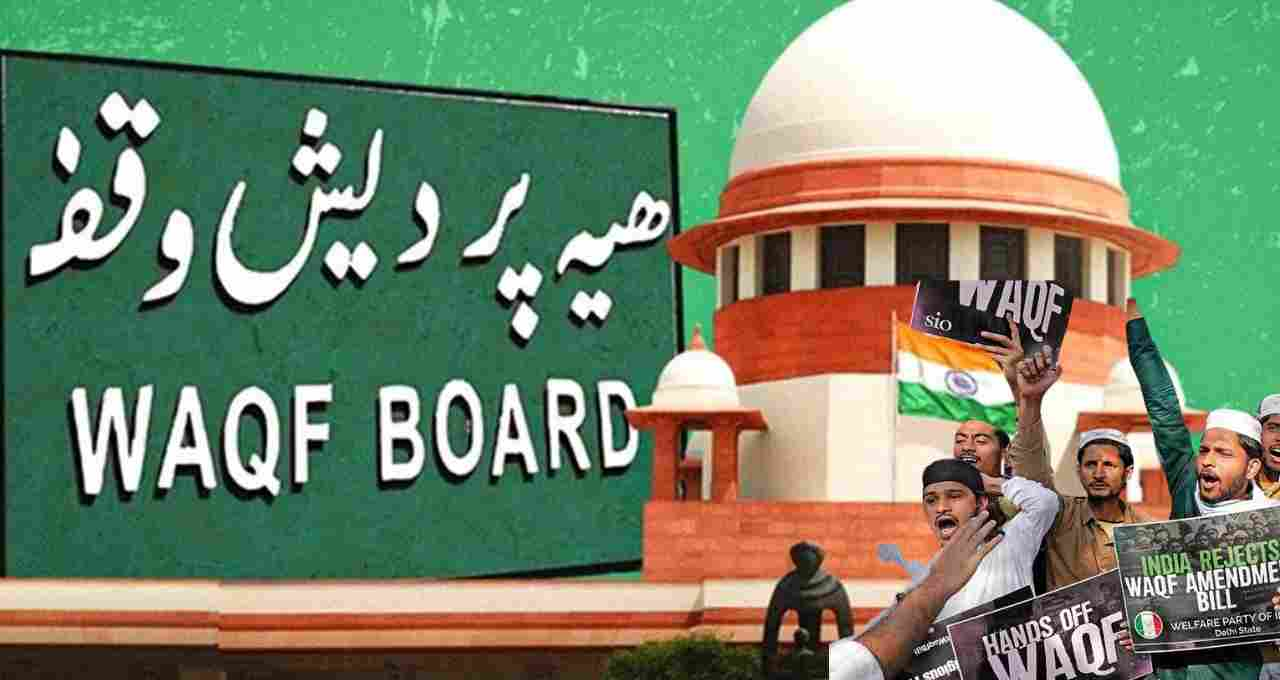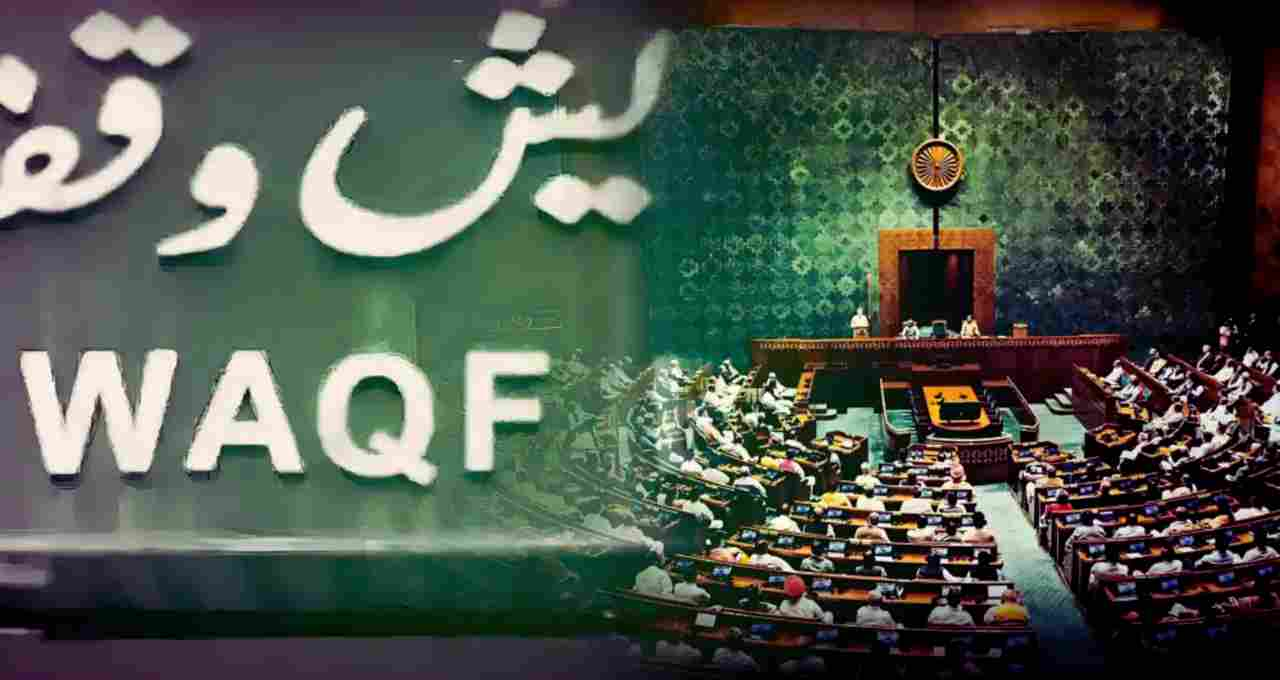Amidst growing controversy and a continuous stream of petitions filed in court regarding the Waqf (Amendment) Act, 2025, the central government took a significant step on Tuesday by filing a caveat in the Supreme Court.
Waqf Amendment Law: On Tuesday, the central government filed a caveat in the Supreme Court concerning petitions challenging the constitutional validity of the Waqf (Amendment) Act, 2025. The government urged the court to hear its side before passing any order on any petition related to this law. A caveat is a legal procedure where a party applies to the court to ensure that no order is passed against them without being heard.
The central government's aim is to present its position before the court on issues related to the Waqf Act, preventing the possibility of any unilateral decision.
What is a Caveat and Why Was It Filed?
A caveat is a legal procedure through which a party requests the court to ensure that they are given an opportunity to be heard before any order is passed against them. Using this procedure, the central government urged the court not to take any interim or final decision in cases related to the Waqf Act without hearing the government's arguments.

More Than a Dozen Petitions Filed So Far
More than 12 petitions have been filed in the Supreme Court against the Waqf Amendment Act, 2025. These petitions include prominent Muslim organizations, the All India Muslim Personal Law Board, Jamiat Ulema-e-Hind, Samastha Kerala Jamiyyathul Ulema, along with Congress MP Mohammad Javed and AIMIM chief Asaduddin Owaisi. Petitioners have described the amendment as being against the religious, social, and legal freedom of Muslims.
Uncertainty Remains Regarding the Hearing Date
According to sources, these petitions may be listed for hearing in the Supreme Court on April 15, 2025. However, this information was not visible on the Supreme Court's official website as of Tuesday night. Lawyers suggest that the final list may be updated on Wednesday. The Chief Justice of India (CJI) on Monday, taking the matter seriously, stated that emails and requests from the petitioners would be reviewed and the priority of the case would be determined. This statement comes at a time when a debate has erupted across the country regarding the Waqf Amendment Act.

What is the Waqf Amendment Act, 2025?
The recently passed Waqf Amendment Act, 2025, includes several new provisions regarding the monitoring, acquisition, and administration of Waqf properties. Critics argue that these provisions not only weaken the autonomy of Waqf boards but also curtail the rights of religious institutions. The Centre, however, claims that this amendment is necessary to ensure transparency and accountability. All eyes are now on April 15th, when the first major hearing on this controversial act may take place in the Supreme Court.












